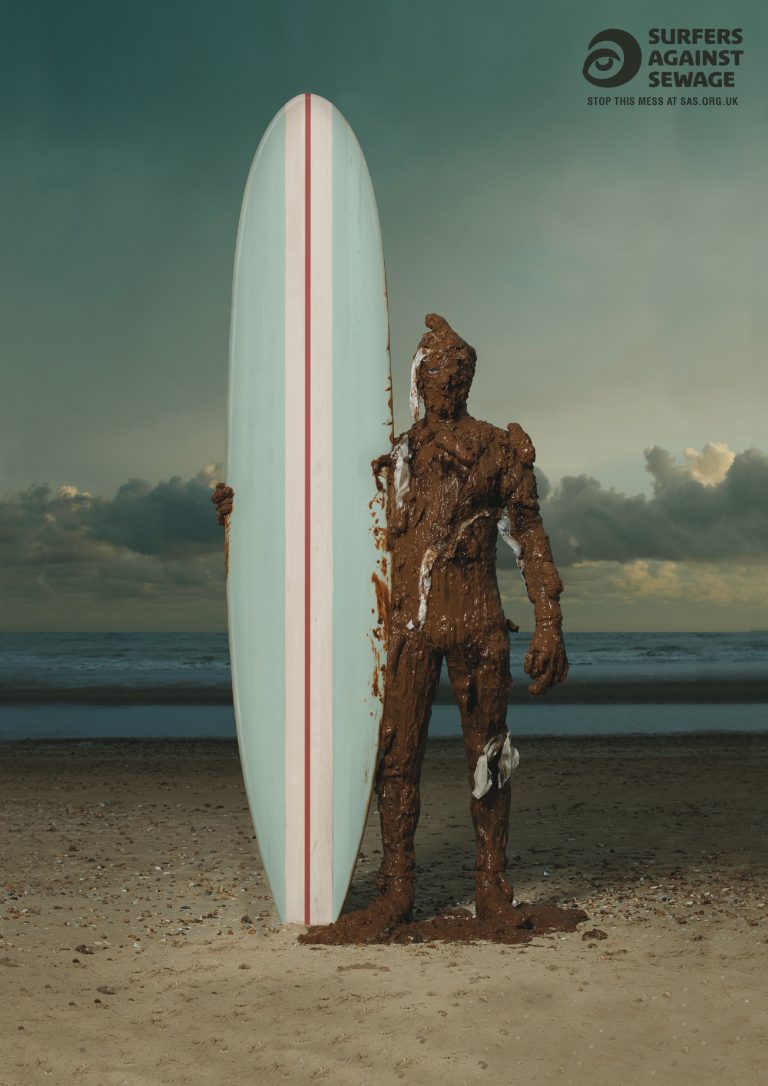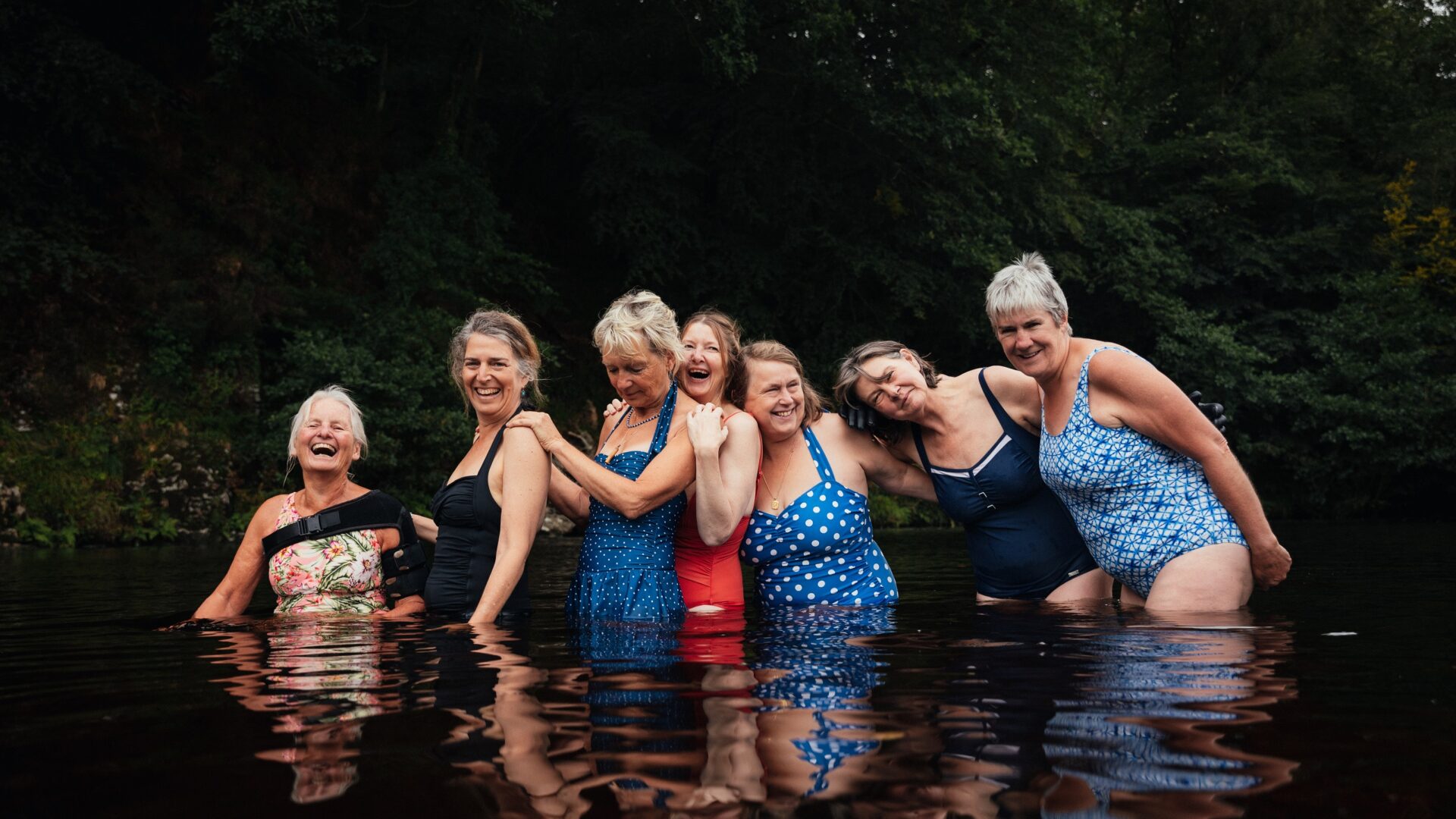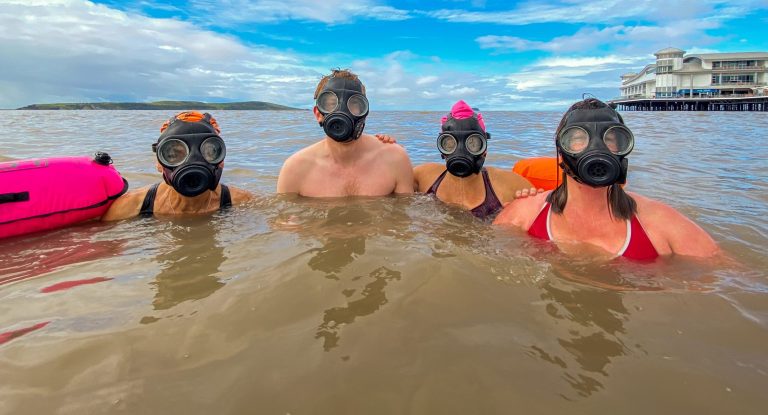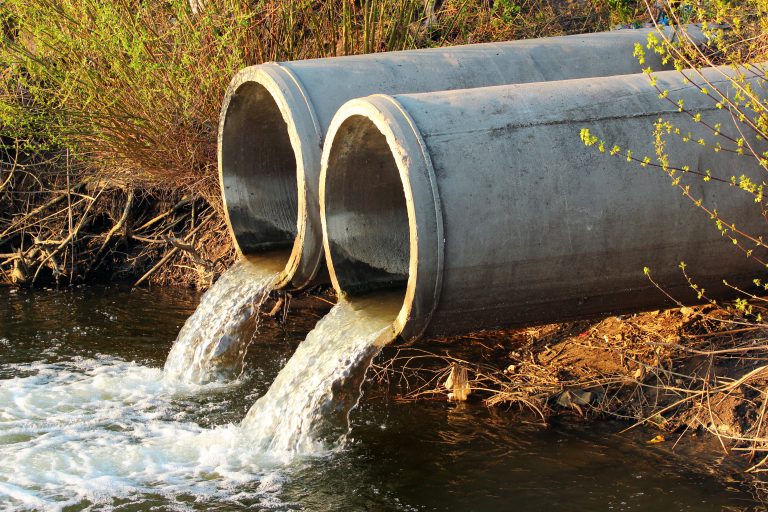Do you swim in your local river or lake, and want to take steps to improve it’s water quality? Take action and apply for bathing water designation with our support.
Officially designated ‘bathing waters’ are the only waterways regularly monitored for water quality and it’s effect on human health. And where pollution is found, legal obligations are put on polluting industries to clean up their act.
The good news? Anyone, including you, can apply to get a swim spot designated.
Protecting Wild Waters supports communities fighting for bathing water designation. We’ll give you the tools you need to apply – whether that’s template letters to landowners, or support growing a community group.
Or, tell us about your waterway below, and we’ll get in touch with the toolkit and advice for applying.




